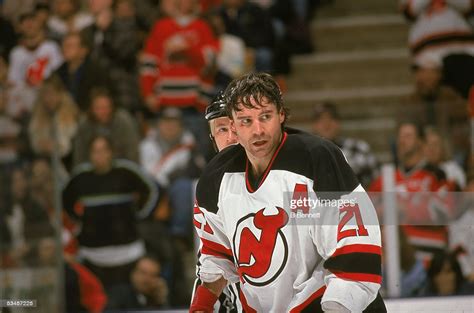A Quote by Richard Dennis
I learned to avoid trying to catch up or double up to recoup losses. I also learned that a certain amount of loss will affect your judgment, so you have to put some time between that loss and the next trade.
Related Quotes
I basically learned that you must get out of your losses immediately. It's not merely a matter of how much you can afford to risk on a given trade, but you also have to consider how many potential future winners you might miss because of the effect of the larger loss on your mental attitude and trading size.
When you go through hell, your own personal hell, and you have lost - loss of fame, loss of money, loss of career, loss of family, loss of love, loss of your own identity that I experienced in my own life - and you've been able to face the demons that have haunted you... I appreciate everything that I have.
Even with a margin of safety in the investor's favor, an individual security may work out badly. For the margin guarantees only that he has a better chance for profit than for loss - not that loss is impossible. But as the number of such commitments is increased the more certain does it become that the aggregate of the profits will exceed the aggregate of the losses.
When faced with a loss, it is no use trying to recover what has gone. On the other hand, a great space has been opened up in your life - there it lies, empty, waiting to be filled with something new. At the moment of one's loss, contradictory as this might seem, one is being given a large slice of freedom.
I think you set up certain standards. I've always kind of believed in the Neil Pert way of making records where I'm trying to step it up every time I do something. You're trying to better yourself. You're also trying to make your audience or your listeners more interested. So, if you can up it, I think that's important.
































